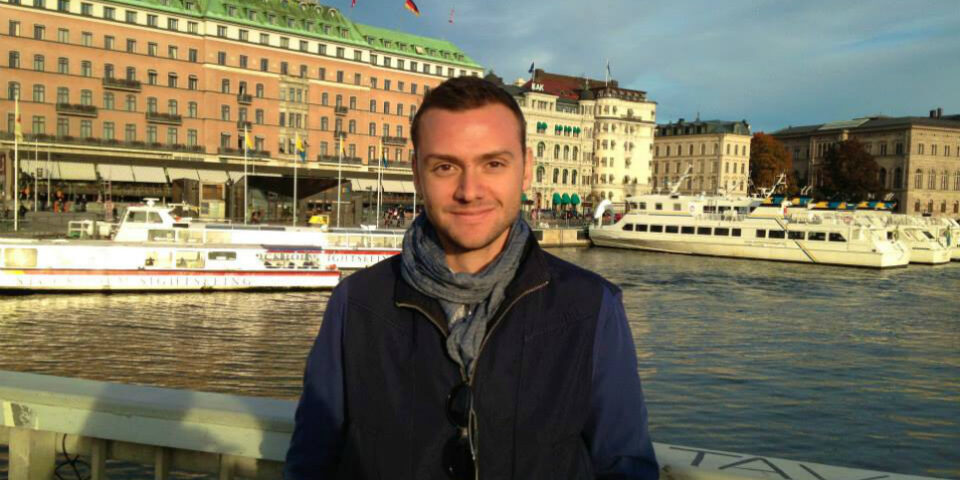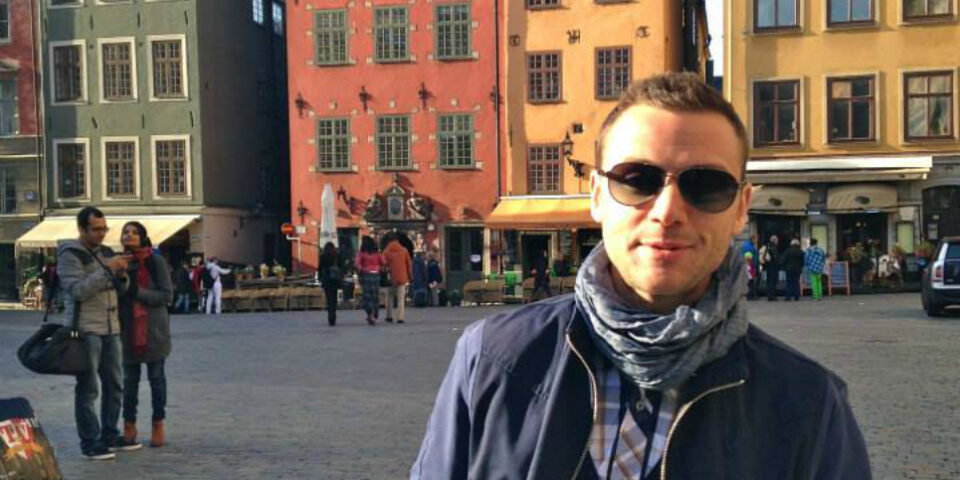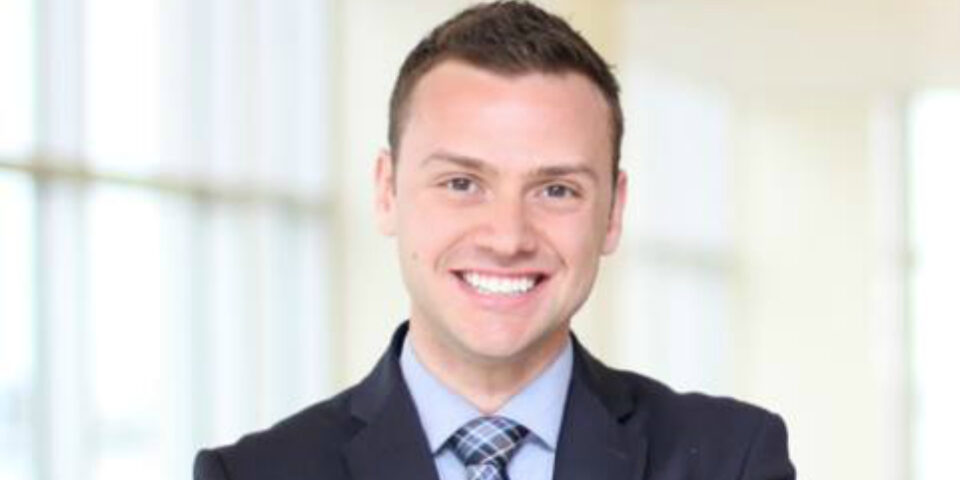I am Chase; a son, a brother, a BYU grad, a lawyer, an expatriate.
My earliest memories are punctuated by my fascination with the world and its peoples – their cultures, their languages, their perspectives. Though I was raised in the quintessentially sheltered “typical devout Mormon family”, my understanding of the world was shaped by my global exposure and curiosity. The more I have travelled, moved around and studied our planet, the more eager I find myself to learn more of its relative unknowns.
My testimony in the gospel was always strong, focussed through a lens of diverse perspectives and an awareness of the diversity in the world – of people, ideas and beliefs. I was taught to love another; at home, at school, at church. Despite all of my travels, all of my degrees and all of my experiences, that lens though which I view the world has unchanged since the day I learnt my favourite Primary song: love one another, especially those who might not walk or talk – or believe – as “most” people do. Love them beyond good intentions; love them so they can feel it.
In law school, the basic ideology of equality I had been taught intersected with reality as I began to learn how we are able to overcome horrific discrimination to shape the law in ways that protect and promote equality in formal ways that ultimately redefine our cultural understanding of justice. Yet for so long, it was as though my mind built up a wall that blocked out the fact that I was tolerating the kinds of institutional and systemic inequality in the Church that I actively fought to break down in every other aspect of my life.
As I began to recognize that mental wall for what it was – a mirage my mind had made up – perhaps the scariest realization was how long I had been unaware of the wall’s existence at all. I did not perceive the Church as an institutional that systematically excluded women from full participation. Having felt firsthand the pain of feeling misunderstood or excluded in my faith, I knew that this pain was real – whether I was feeling it in this instant or not – and I knew that rationalizing it away with good intentions or other explanations as to why those who hurt shouldn’t be would serve anyone BUT those affected.
For too long I was unable to see past my own understanding and accept that so many women did feel that exclusion. In so doing, I unwittingly denied such inequality existed, despite having felt its effects. As a very young boy, my priesthood-holding father was on business in Italy and I developed a serious viral illness. My mother could not offer me a blessing of the priesthood. For that, she – the person with me who loved and cared about me the most in that moment – was forced to forego the Lord’s power on Earth or call a fellow male church-member to “drop by” for a few moments to offer me a healing blessing.
I do not believe anyone should be denied an opportunity because of their very existence – their gender, race, sexual orientation, etc. The Church should not be an exception to this rule, but rather a leader in nurturing it. We are a strong, capable people full of incredible potential that I believe can be a unique force in our world.
We must not tell our daughters that they can be anything they want to be only to qualify that promise with an asterisk. I believe women should be ordained.








